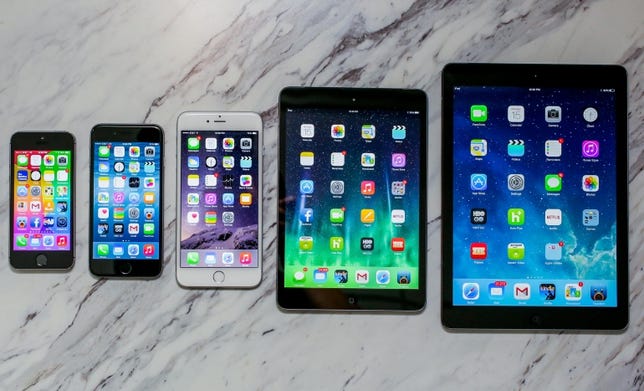New Apple-focused Malware Uses Macs To Infect IPhones
Do macs get malware virus and malware protection for mac malware that affects the macos mac malware software reviews apple store malware apps anti malware for ios new apple products new apple iphone new apple tv

New Apple-focused malware uses Macs to infect iPhones

Apple users in China have an active, new threat to contend with that attacks iPhones and iPads through Apple's Mac OS X operating system, a US security firm reported.
Palo Alto Networks called the malicious software "WireLurker" because it waits for a device running Apple's iOS mobile operating system to connect via USB to a Mac laptop or desktop. The software -- hidden in apps downloaded from China's third-party Mac OS X app stores -- adds malicious code to legitimate iOS apps. The malware attack is limited to China.
"We are aware of malicious software available from a download site aimed at users in China, and we've blocked the identified apps to prevent them from launching," Apple said in a statement. "As always, we recommend that users download and install software from trusted sources."
The threat is new to Apple, though this sort of attack has been around since about 2003, said Ryan Olson, intelligence director at Unit 42, Palo Alto Networks' threat research team.
"For the general user, it's not something you need to light your hair on fire about," Olson said. Still, "the tech that we're seeing here brings Mac and iOS much closer" to the threats facing Windows and Android pairings. Unlike most iOS threats, WireLurker is not restricted to iPhones and iPads that have been jailbroken, a user-initiated state that allows any app to be installed -- against Apple's wishes.
Olson said he doesn't know how many people have been affected.
Updated at 8:25 a.m. PT on November 6 with a statement from Apple.
Source
